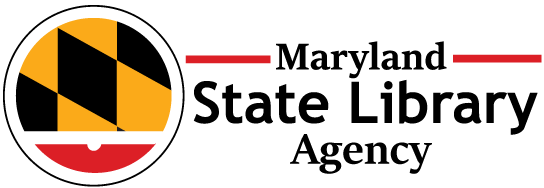
Dyslexia is a common learning difference that affects the way the brain processes written language, making reading, spelling, and writing more challenging. It is estimated to impact up to one in five individuals, regardless of intelligence, background, or educational opportunity. While often identified in school-aged children, dyslexia is a lifelong condition that continues to affect individuals well into adulthood. The challenges it presents can influence academic success, workplace performance, and even everyday tasks such as reading instructions or navigating written communication. Too often, dyslexia is viewed solely as a classroom issue; however, its impact extends far beyond school walls. Addressing dyslexia requires a community-wide effort that includes families, employers, libraries, healthcare professionals, and advocates. By broadening the conversation, we can build a more inclusive world where individuals with dyslexia are understood, supported, and empowered to thrive.

